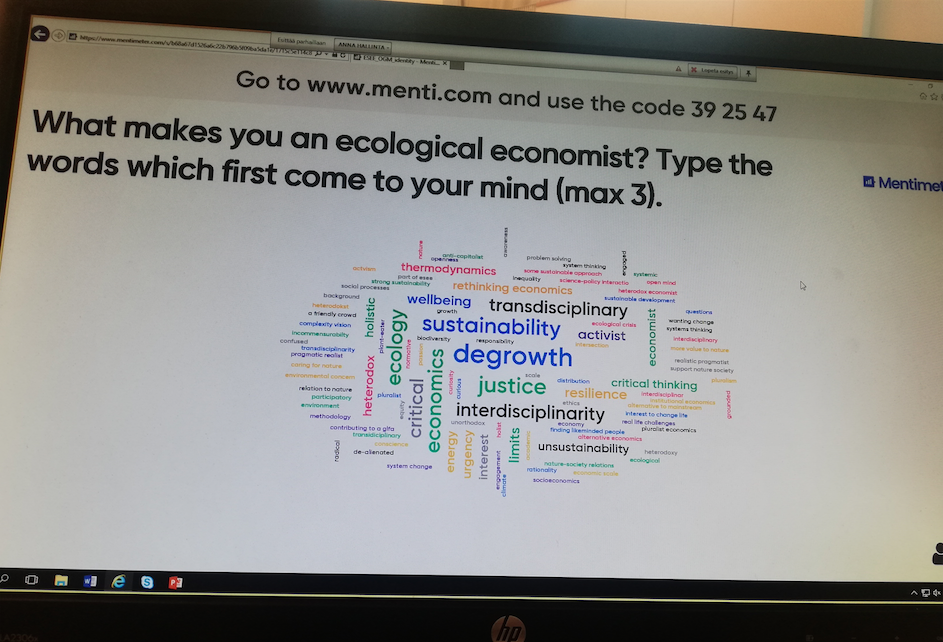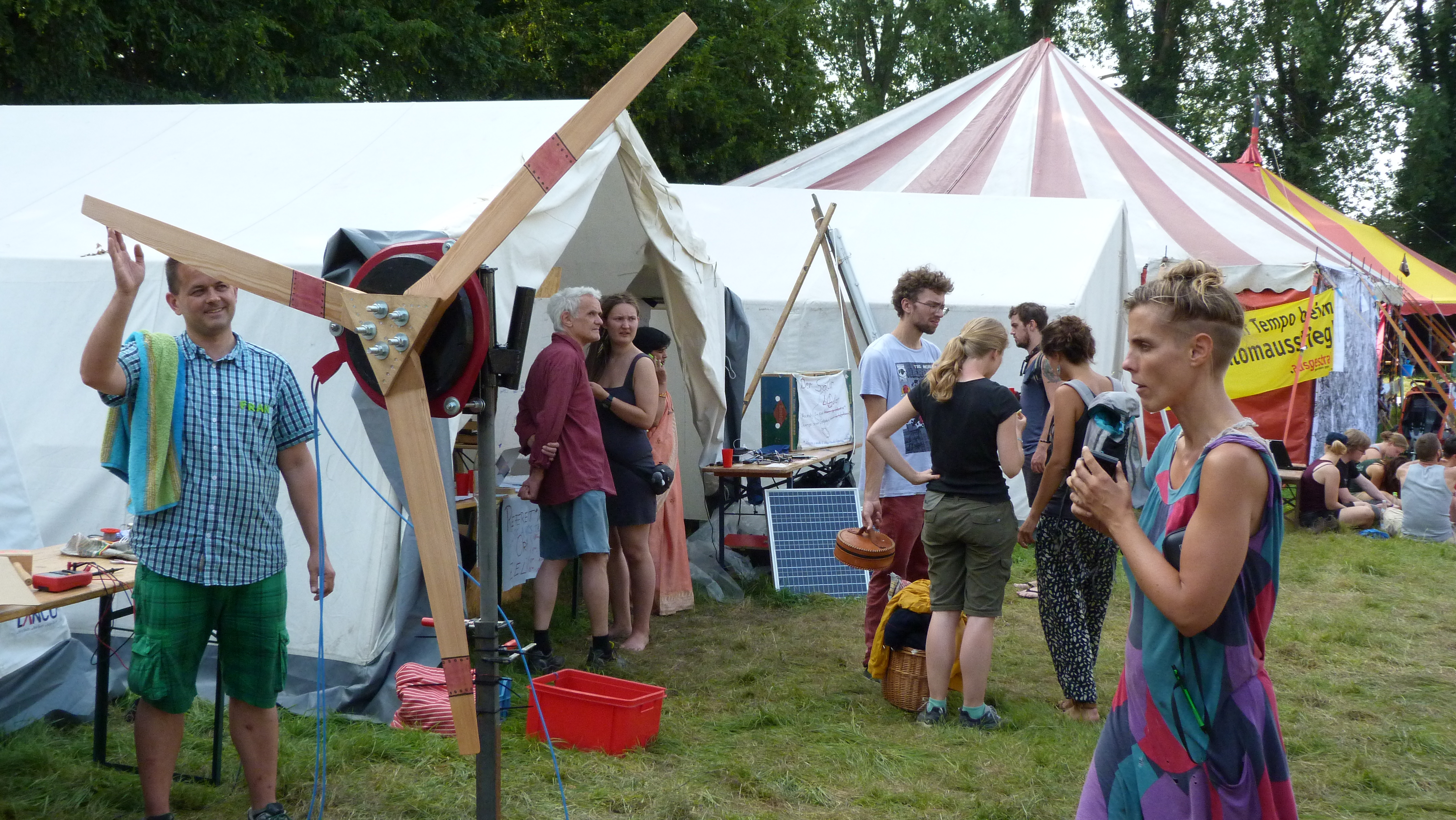What does degrowth mean to you? By Marc Menningmann
In this video, some of the scientists, activists and ordinary other participants who gathered at last year's Degrowth Conference in Leipzig share their personal understanding of degrowth. It shows how many different facets degrowth can have. Now we have added English subtitles to it which can be activated by clicking on the little green box saying "CC" in the bar at the bottom of the video.

The holidays are special; a chance to stop working, slow down and spend time with family and friends. The numerous family gatherings will likely involve discussions about the state of the world, politics, climate change, and maybe even degrowth. In case you find yourself in this scenario, we have put together this list of tips and suggestions for how to discuss degrowth with family and friends...

The time has come for ESEE to take a firmer stand and address the impossibility of tackling the monumental ecological crisis we are facing with partial solutions. In order to remain relevant ESEE needs to empower its members to speak the truth, confront power and focus their energies on finding meaningful, holistic and truly transformative solutions. The 13th International Conference of the ...

By Christiane Kliemann After six days of workshops, discussions, practical activities and fun the summer school on degrowth and climate justice at the climate camp Rhineland has come to and end. With the slogan "Degrowth in Action", the summer school did not only break down the rather theoretical ideas of degrowth into concrete actions such as those against lignite mining in the region. It als...